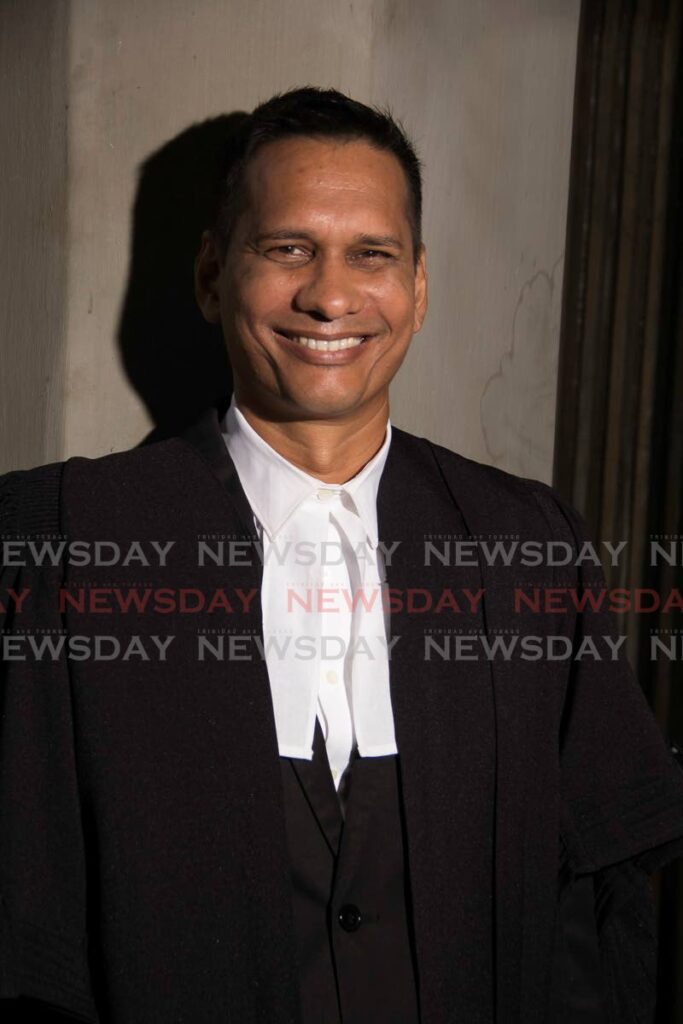Unions' rights

After the Court of Appeal upheld the dismissal of a complaint by a secondary school principal against a former president of the Trinidad and Tobago Unified Teachers' Association (TTUTA), there was some celebration of the association's success.
In its decision, the Appeal Court ruled TTUTA to be functioning as a trade union on behalf of its members. The Appeal Court ruled that the specific statements by former president Lynsley Doodhai were within his ambit as the president and addressed matters of maladministration.
Under section six of the Trade Disputes and Protection of Property Act, the TTUTA president was ruled to have statutory immunity from prosecution, particularly when any action might limit the function and scope of a trade union representing its workers.
The successful conclusion of the case, which was initially adjudicated by Justice Devindra Rampersad in 2018, signals an important principle and scope for trade-union activity, but it should not be an invitation for a suspension of common sense and restraint in discourse between trade unions and those that they negotiate with.
The annoyance of the school principal is not surprising, but at the heart of the case was intent, and the courts found overwhelmingly that Mr Doodhai was making statements in the best interests of teachers and students.
This tension cuts to the heart of the essential conflict between managers and leaders and the trade unions and staff representatives that articulate concerns on behalf of the larger body of workers.
When discussion and negotiation fail, managers tend to fall back on the position that their final word is law, while trade unions must look to a wider public understanding of the tensions underlying a failed discourse, resulting in protests and diatribe.
The ability to do so is enshrined in the Constitution, which specifically guarantees freedom of thought and expression and freedom of association and assembly. These rights presume, and are governed by the expectation, that they will be exercised in an environment of mutual respect.
No individual should presume to use one's constitutional right to ride roughshod over another, so these rights must be exercised with care and caution at their extremes.
In this, trade unions will find that they share much in common with journalists and more recently calypsonians, as the boundaries of their ability to comment on matters within their realms of statutory immunity will be challenged by aggrieved parties.
A right to free speech and a statutory immunity granted for legitimate comment is a shield, but it is neither impregnable nor absolute.
Quite often, clear and pointed comment is necessary to advance issues to resolution, and trade unions must exercise their right to do so with responsibility.


Comments
"Unions’ rights"